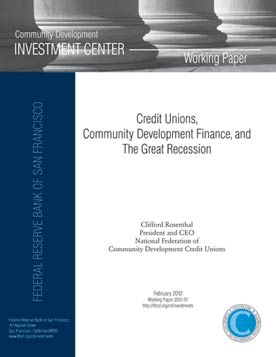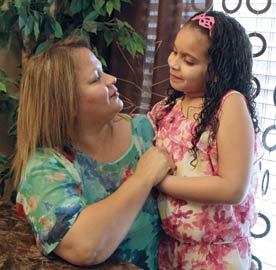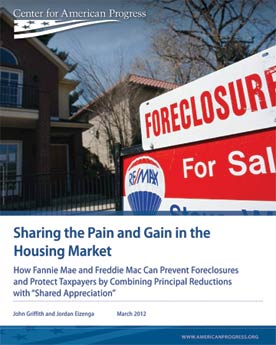In 1987, Cliff Rosenthal had the seemingly crazy idea that Congress might establish and fund a National Neighborhood Bank modeled on the National Cooperative Bank created in 1979. That concept played a foundational role in what later became the Community Development Financial Institutions (CDFI) Fund in the Department of the Treasury. More than $1 billion later, Rosenthal is moving from the National Federation of Community Development Credit Unions (CDCUs), which he has led for more than 30 years, to the Consumer Financial Protection Bureau, where he will continue his work on financial education and empowerment.
How fitting that his departure is preceded by this evaluation of the successes and disappointments CDCUs have experienced. The successes are many and significant: the concept of cooperative-based financial institutions dedicated to serving the underserved has been proven and the TARP-bred Community Development Capital Initiative helped save scores of CDCUs in 2011. The most notable shortcomings are the difficulties CDCUs have had accessing the CDFI Fund’s programs.
Rosenthal is a trained historian, not just an advocate. For anyone who wants a passionate insider’s take on the rise of the CDCU movement there is no more valuable reading than this. It would be particularly relevant for CDFI practitioners, investors, funders, and policymakers. The report provides an education on the challenges of rowing against mainstream currents in finance and policy, a rich context for future community development finance leaders, and a cautionary lesson about the ups and downs of working with the federal government.
It is timely, too, as the CDCU movement must now chart its post-Rosenthal path.





Comments